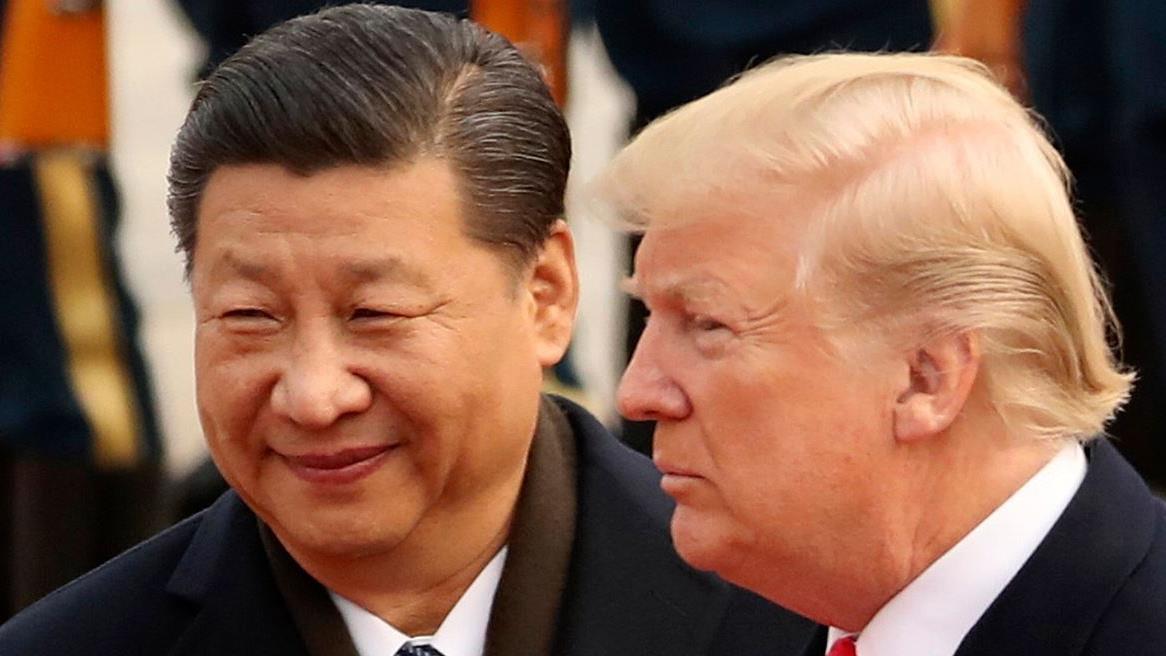Congress wants to ban Chinese buses, railcars in defense bill
The legislation would affect the U.S. subsidiaries of two Chinese companies
WASHINGTON -- Congress is taking aim at China in a must-pass defense policy bill, even as the Trump administration seeks to negotiate an interim trade pact with Beijing.
House and Senate Republicans and Democrats have reached agreement on language in the bill that would bar the use of federal funds to buy Chinese buses and railcars, congressional aides familiar with the matter told The Wall Street Journal, adding that the ban excludes pre-existing contracts.
The legislation would affect the U.S. subsidiaries of two Chinese companies. One is China's state-owned CRRC Corp., which has been making significant inroads into the U.S. market for railcars, estimated at $18 billion annually. The other is BYD Co., a Chinese company that sells electric buses for the U.S. market through unit BYD Motors LLC.
The U.S. electric-bus market is expected to grow from $745 million in 2018 to about $1.95 billion in 2024, according to Prescient & Strategic Intelligence Pvt. Ltd., a market-research and consulting firm.
GET FOX BUSINESS ON THE GO BY CLICKING HERE
CRRC and BYD didn't immediately respond to requests for comment. The companies have previously warned that a ban is unfair and would hurt U.S. workers at their factories in California, Illinois and Massachusetts.
The bipartisan agreement on the defense-policy bill language was reached after months of negotiations. The final draft still must be signed by negotiators and pass floor votes in both the House and Senate before it can be signed into law by President Trump.
Lawmakers are also poised to ban the U.S. military from buying Chinese drones as U.S. officials grow worried the Chinese devices may be spying on Americans and putting critical U.S. infrastructure at risk.
That provision is a shot at DJI Technology Co., the world's largest maker of consumer drones based in China's tech-concentrated city of Shenzhen.
CHINESE OFFICIAL: BEIJING WANTS US TRADE DEAL ASAP
DJI didn't immediately respond to a request for comment. In the past, the company has said its drones have security features that prevent data transmission to China and that the Chinese government has never requested access to the data that the company does have.
The defense bill also would prohibit the removal of Chinese telecom giant Huawei Technologies Co. from an export blacklist kept by the Commerce Department.
Commerce officials put Huawei on an export blacklist in May, citing national security concerns. U.S. officials have warned that Huawei products could be used to spy on or disrupt telecommunications networks, which the telecom giant denies.
CLICK HERE TO READ MORE ON FOX BUSINESS
Huawei didn't immediately respond to a request for comment. Huawei has said repeatedly that its equipment doesn't pose a security risk and that U.S. efforts against it are misguided.
Commerce Department officials have granted exceptions for some rural telecom carriers and U.S. suppliers to continue working with the company despite the ban. That move that has drawn criticism from lawmakers who pushed the Trump administration to remain tough.
The bill includes a number of other China-related provisions, including one intended to reduce reliance on foreign sources of rare-earth minerals, another that requires reports on Chinese military activities in the Arctic and Chinese foreign direct investment in the Arctic, and another that creates new reporting requirements for national security academic research.
Additional language supports improving Taiwan's defense capabilities by expanding joint training, foreign military sales, and senior level military-to- military engagements. And the legislation would order the Secretary of Defense to review Chinese military, economic, information, diplomatic, and digital influences in Taiwan.
